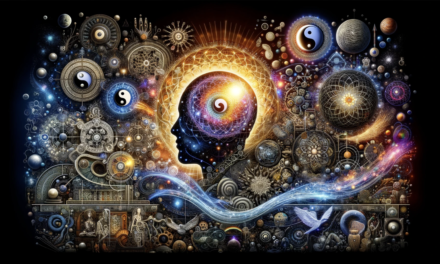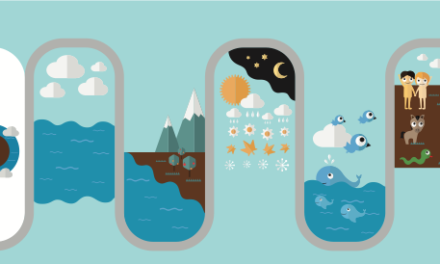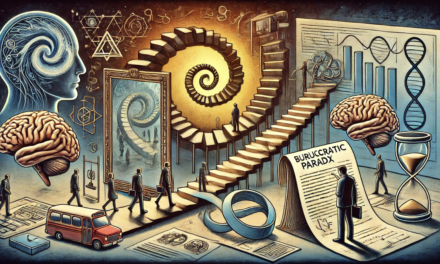Introduction
As the song says, “Money make the world go around”. It powers economies, fosters innovation, and enables complex societies to function. But what if the very way we think about and use money is not keeping the world spinning harmoniously but instead breaking it out of shape?
At the heart of today’s challenges—rising inequality, ecological crises, and fractured governance systems—lies a profound dysfunction in how money works. It has become the glue that holds human society together, yet the way it operates often corrodes the systems it was meant to sustain.
This isn’t about returning to some imagined past or advocating a particular ideology. It’s about asking fundamental questions: What do we truly value? How do we reward those values? And how can we design systems that reflect the realities of human nature and the ecological limits of our planet?
Money as the Glue of Society
From its earliest forms—shells, metals, and barter tokens—to today’s digital currencies, money has served as humanity’s universal medium of exchange. As David McWilliam’s book “Money: A Story of Humanity” makes clear, it is much more than a tool for trade; it defines relationships, shapes aspirations, and determines power dynamics.
Yet, the way money operates today often prioritizes competition, inequality, and short-term thinking. Instead of fostering cooperation and collective well-being, it creates perverse incentives that reward exploitation and hoarding over sustainability and equity.
Why? Because the rules that govern money are rooted in historical systems that were never designed to address the complexities of the modern world.
The Roots of Dysfunction: Roman Property Laws and Western Ideals
Much of the dysfunction lies in how money is conceptualized and regulated. In the West, our systems of governance are deeply influenced by Roman property laws. These laws emphasize individual ownership, accumulation, and exclusivity. They reward the hoarding of resources and wealth, often at the expense of the common good.
These legal traditions merged with Enlightenment ideals of individual freedom and personal ambition, creating a global system where wealth accumulation—by individuals, corporations, or nations—is seen as the ultimate measure of success. Even in societies with different cultural or political roots, this paradigm has seeped in, driving inequality and environmental degradation worldwide.
This isn’t an ideological critique; it’s a recognition that these systems, while powerful in their time, are no longer fit for purpose. They fail to reflect the relational, cooperative nature of humanity and the interconnectedness of our ecological systems.
The Disconnect Between Money and Work
One of the most glaring symptoms of this dysfunction is how we decide what to reward in monetary terms. Why is factory work or financial speculation valued more highly than raising children, teaching students, or caring for the elderly? Why is environmental degradation profitable, while ecological restoration is often unpaid?
This skewed valuation reflects a narrow definition of “work” inherited from industrial-era economics. Activities that produce tangible goods or financial returns are prioritized, while essential but “invisible” work—like caregiving and environmental stewardship—is marginalized or ignored.
This approach not only undervalues vital contributions to society but also distorts aspirations, driving people toward work that extracts resources or exploits others rather than building sustainable systems. If we are to rethink money, we should also rethink work.
Rethinking Money and Work Together
What if we expanded our definition of work to include all activities that sustain human and ecological well-being? This would require:
- Valuing Care Work: Recognizing that raising children, caring for elders, and building social cohesion are as essential to societal health as managing investments or building infrastructure.
- Rewarding Ecological Stewardship: Compensating individuals and communities for protecting and restoring ecosystems, treating it as foundational work rather than a luxury.
- Reframing Productivity: Moving beyond GDP and profit as measures of success to include indicators like well-being, equity, and ecological health.
- Designing New Systems of Reward: Creating financial systems that embed equity and sustainability by design, whether through local currencies, carbon credits, or universal basic income models tied to ecological restoration.
Is This Neo-Marxism? Not At All—It’s More Radical Than That
It’s easy to mistake these ideas for a critique rooted in Marxist thought, but they go far beyond economic or ideological labels. This isn’t about redistributing wealth within existing frameworks. It’s about rethinking the frameworks themselves.
Marxism, like capitalism, was born of the industrial era. Both systems are grounded in ideas of production, ownership, and labour that are too narrow to address the complexities of the 21st century. What we need is a new paradigm—one that integrates human nature, ecological realities, and the relational dynamics that underpin thriving societies.
This is not a rejection of markets, innovation, or individual aspiration. It’s a call to redesign the systems that govern them, aligning them with the principles of balance, equity, and sustainability.
Does Money Make or Break the World?
Money is not inherently good or bad—it is a tool, a concept. Noah Juval Harari describes it in his blockbuster book, “Sapiens” as a “shared fiction”. But the way we’ve designed its rules and embedded it in governance systems is breaking the world out of balance. It may encourage creativity, but it also drives inequality, ecological harm, and short-term thinking, all while failing to reflect the relational and cooperative nature of humanity.
The question, then, is not whether money makes the world go round. It does. The real question is whether we can rethink money—its essence, its purpose, and its role in society—so that it sustains rather than destabilizes the systems we depend on.
To achieve this, we should reimagine not only what money rewards but also what we value as work. Only then can we create ecologies of hope—where humanity thrives within the limits of our planet and the aspirations of our nature.
Terry Cooke-Davies
5th January 2025
Profound thanks to ChatGPT(4o) from OpenAI for assistance with this article.






